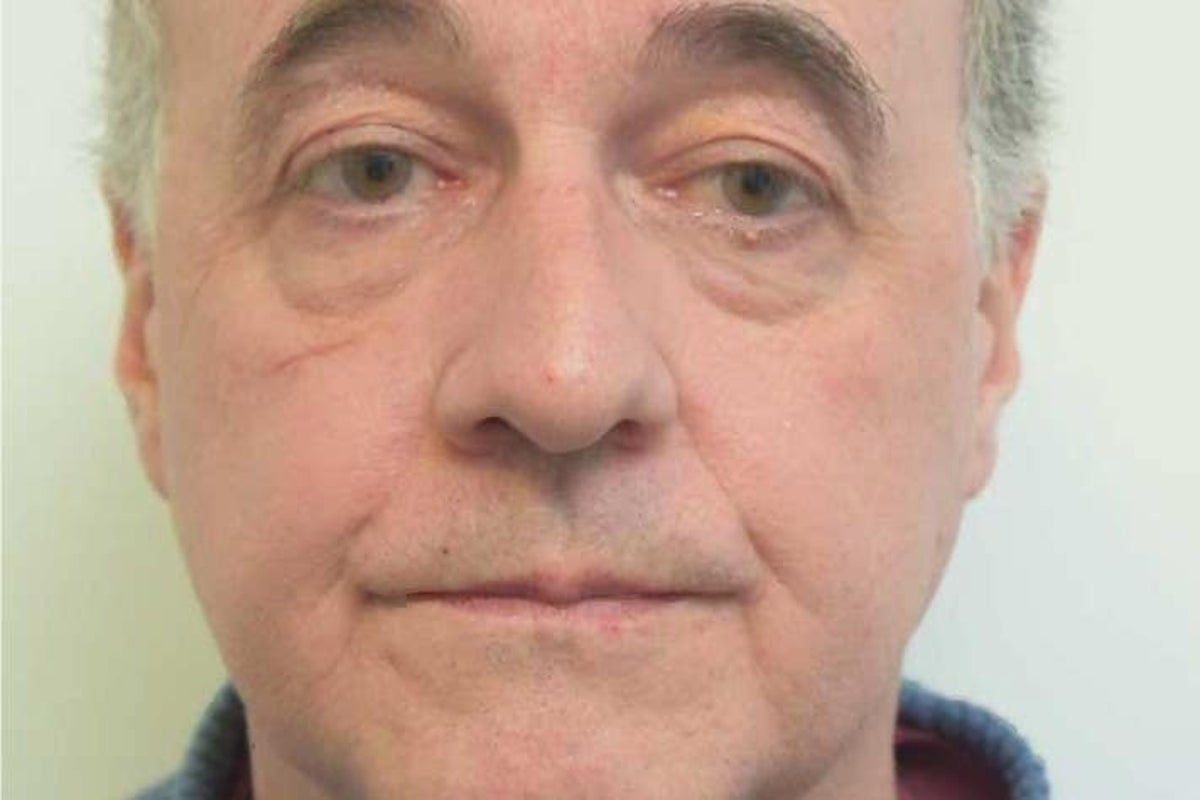
A British embassy security guard who used his job to sell secrets to Russia has been jailed for more than 13 years after being caught in an MI5 sting operation.
David Smith, 58, had worked in the Berlin embassy since 2016 and had access to restricted areas, CCTV and secret documents.
He admitted eight charges under the Official Secrets Act but claimed his actions were driven by anger over his treatment at work and issues in his personal life.
A judge dismissed the explanation and said his “treachery” was motivated by his “antipathy to the United Kingdom” and desire to pass damaging information to Russia.
The court heard that in his living room, Smith had a giant Russian flag, Soviet military hat and other Russian books and ornaments, while he stuck a cartoon of Vladimir Putin dragging Angela Merkel by the neck inside his locker at work.
The German caption, alluding to the Second World War, read: “Russia, please liberate us once more!”
Among the documents stolen by Smith was a “sensitive report” addressed to then prime minister Boris Johnson, while he also made “careful and methodical” videos of the embassy’s layout.
Mr Justice Wall sentenced Smith to 13 years and two months in prison on Friday, after rejecting his claim of remorse and saying it was “self-pity”.
“It was your job to ensure the embassy was secure and its staff were safe,” the judge told Smith.
“In taking personal details relating to its staff, you put all of those staff at increased risk of harm.”
The Old Bailey heard that the danger caused by Smith’s actions “had to be managed” and that protective measures have so far cost the British government more than £800,000.
Smith was caught in an undercover MI5 sting, involving agents playing a Russian defector and GRU agent, after authorities intercepted a letter to a Russian military attache in November 2020.

But the evidence later uncovered indicated that he may have started selling secrets earlier, with police finding that regular withdrawals from Smith’s bank account dramatically decreased in January 2021, indicating an unexplained source of cash income.
Mr Justice Wall said Smith’s “subversive activities” dated back to 2018 and he had copied a “significant amount of material” over the years.
“You established regular contact with someone at the Russian embassy and this contact was a conduit through which material illegally obtained by you was passed on,” he added.
The judge found that Smith had developed “decidedly anti-British and anti-western” feelings and gave the impression to colleagues he was “more sympathetic to Russia, in particular President Putin”.
Colleagues had heard him criticise the UK and Germany, and support Russian-backed rebels that were fighting an insurgency in eastern Ukraine at the time.
Smith, who is from Scotland, had previously spent 12 years in the RAF and has an adult daughter.
He had been married to his second wife, a Ukrainian woman called Svetlana for 20 years, but said he became depressed and lonely after she returned to her home country in late 2018.

In court, Smith expressed an interest in online conspiracy theories, saying: “I look at David Icke and Alex Jones’s InfoWars to get an alternative view. I just like both sides of the story.”
In May 2020, Smith wrote anonymously to a military attache at the Russian embassy enclosing a booklet of staff details and promising that more information would be forthcoming.
In December of that year, he wrote another letter to a different military attache providing an update on new employees and providing photos of British embassy staff.
“It is not possible for me to determine how many more times you made contact with someone in the Russian embassy and passed material on to them,” Mr Justice Wall said. “You were paid by the Russian authorities for your treachery.”
Smith’s defence team said he had suffered mental health difficulties and abused alcohol following his wife’s departure to Ukraine, but the judge said there was “no logical causal link” between any depression and his offending.
The head of the Metropolitan Police counterterrorism command, which led the criminal investigation in coordination with MI5 and German authorities, said Smith “did not suspect a thing” when he was finally caught in the sting operation.
“The information Smith was seeking to share with Russia created significant risks for UK interests and individuals working at that embassy,” Commander Richard Smith told a press conference.
“If [fake Russian defector] Dmitry had been authentic, it is our assessment that the information Smith sought to gather about him would have put him at very significant risk.”
Mr Smith said the operation came as British counterterror police see an “increase in casework concerning countering state threats”, mainly from Russia, China and Iran.







